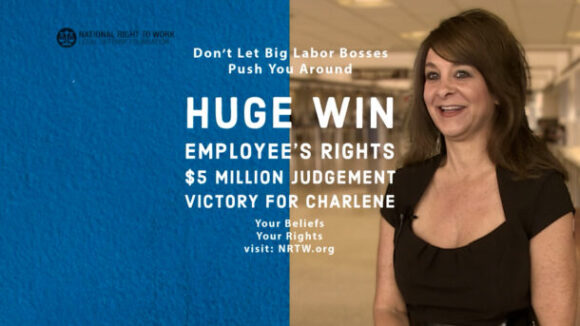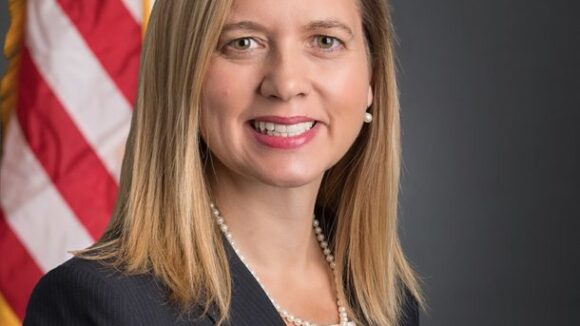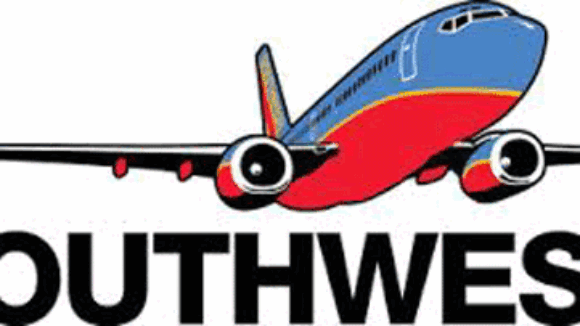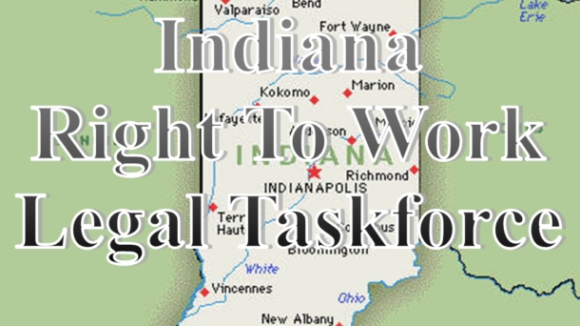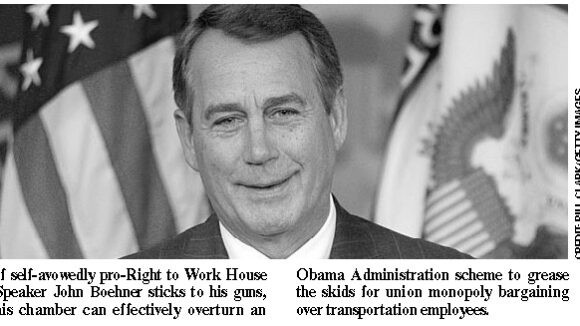Obama Bureaucrats Promote Monopolistic Unionism
President Obama's overarching labor policy seems to be, "The more union monopoly bargaining, the better." Credit: L.A. Times
(Source: June 2010 NRTWC Newsletter)
Right to Work Fights For Independent Transportation Employees
Over the past three-quarters of a century, federal labor policy has done enormous damage to employees and businesses by authorizing and promoting monopolistic unionism.
Federally-imposed "exclusive" union bargaining undermines efficiency and productivity by forcing employers to reward equally their most productive and least productive employees.
The damage is compounded when the employees already hurt by being forced to accept a union bargaining agent opposed to their interests are forced as well to pay dues or fees to the unwanted union.
Fortunately, Right to Work laws in 22 states, where nearly 40% of the private-sector work force is employed, prohibit the collection of forced dues from the vast majority of employees. (Both the U.S. Supreme Court and the U.S. Congress have recognized states' freedom to protect employees' Right to Work.)
However, in 1951, when Congress first foisted forced union dues and fees on employees covered by the Railway Labor Act (RLA), Big Labor senators and representatives opted to deny states the option to protect employees' Right to Work.
Ever since, Big Labor has had the government-granted power to get airline and railroad employees fired for refusal to bankroll a union in all 50 states, including Right to Work states.

